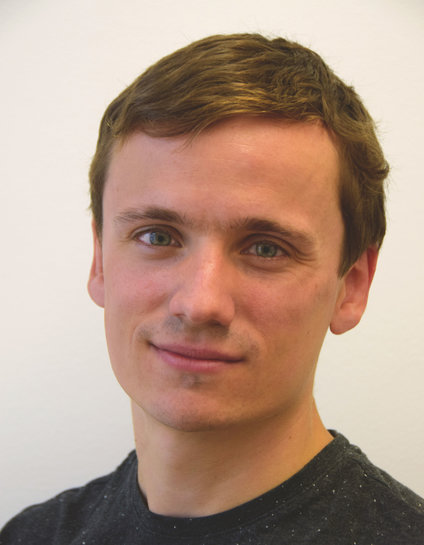
Joeri Bordes, PhD
Postdoctoral researcher at University of Geneva, Switzerland.
CV · Email · LinkedIn · Google Scholar · ORCID ·
Research
Naturalistic social behavior and stress models, combining machine learning with neural circuit and molecular approaches
Professional experience
Postdoctoral and doctoral training across Bordeaux, Munich, Mainz, and Geneva
About me
I am a dedicated neuroscientist with over 6 years of experience in academic research, specializing in translational research of mouse behavior through the application of computational tools, including machine learning. My work bridges the gap between experimental neuroscience and computational methods, driving innovative approaches to understanding complex neural mechanisms and behavior.
Throughout my career, I have consistently demonstrated a strong ability to lead interdisciplinary teams and foster collaboration across various research domains. I have successfully managed multiple research projects, leading them from conception to completion, and have mentored numerous internship students, guiding their development and contributing to their academic success. My contributions to the field are evidenced by a significant record of publishing in high-impact journals. I have actively presented my findings at international conferences and played key roles in organizing scientific events.
Beyond my academic and professional achievements, I am also a serious triathlete and runner. I have successfully completed several marathons and Ironman races, embodying the same discipline, perseverance, and commitment in my athletic pursuits as I do in my scientific career. These experiences have honed my physical and mental endurance, reinforcing my ability to tackle challenges with resilience and determination.
Professional experience (summary)
I am a post-doc at the research group Neural Circuits of Anxiety at the Neurocentre Magendie - French Institute of Health (INSERM) of Anna Beyeler in Bordeaux, France. My background is behavioral neuroscience, focusing on deep phenotyping of stress-induced alterations in social behavior using different in-vivo tracking tools ranging from physiological measurements to neuronal activity data.
I obtained my PhD under the supervision of Mathias V. Schmidt at the Max Planck institute of Psychiatry in Munich, Germany at the Research Group Stress Resilience. I have obtained my Bachelor’s and Master’s degree at the University of Amsterdam, the Netherlands, focusing on the pathophysiology of the brain using rodent models.
Read more about my professional experience
My research (summary)
My research evolves around the investigation of potential stress-related cellular targets using different molecular techniques, such as RNA sequencing and proteomics. In addition, an important part of my work has been to develop novel behavioral phenotyping tools, especially related to a social behavioral task, that provide a more reliable behavioral phenotype compared to the existing alternatives. We have established this by using a more naturalistic behavioral set-up and using deep learning algorithms (supervised and unsupervised analysis tools) to observe distinct social behavioral differences after chronic social defeat stress.